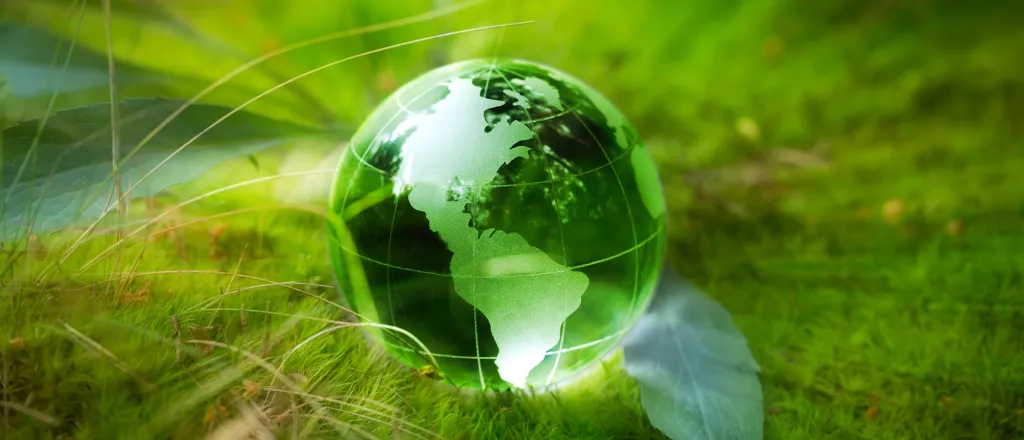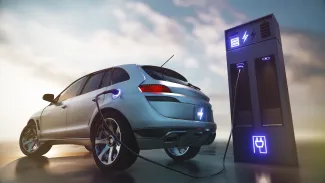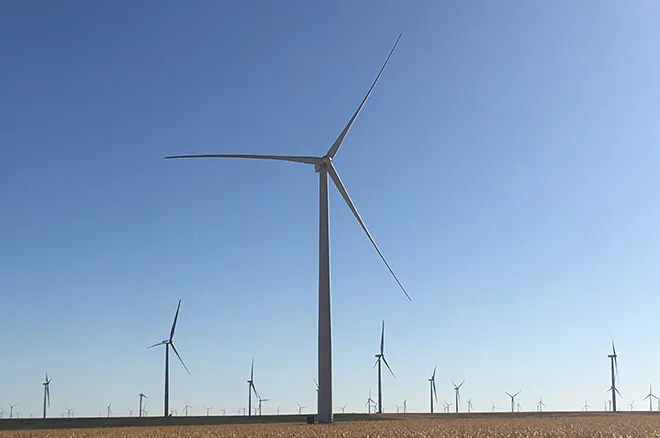
EarthTalk - Is the transition to more electric vehicles good or bad for the overall economy?
© iStock
Dear EarthTalk:
Is the transition to more electric vehicles good or bad for the overall economy?
Richard T., Boise, ID
According to the S&P Global Motility Forecast, electric vehicle sales have increased so much over the past two decades that by 2040 about 50% of vehicles on the road are projected to be electric. People who can afford the upfront cost of an EV substantially reduce their carbon footprint while enjoying an average of $2,200 annually in savings on fuel and maintenance. Nationally, however, experts have debated whether or not the increased utility revenues, job creation, and reduced dependence on oil associated with EVs offset the costs of installing charging stations and modernizing the power grid.
Only 50% of the U.S. grid's electrical capacity is used, to accommodate large swings during peak demand. Ninety percent of current EV charging occurs at homes and businesses during off-peak hours, so the amount used is still below capacity. Pacific Gas and Electric (PG&E) and Southern California Edison (SCE) found that EVs in their service areas contributed $806 million more in revenue than associated costs, driving down rates for all customers. If utility revenues continue to exceed their costs, EVs will reduce the rate paid by all ratepayers. Conversely, if utilization approaches capacity, costly grid upgrades worth $3 billion will be required across the United States.

The McKinsey Center for Future Mobility estimates that as the number of EVs increases, the hardware, planning, and installation costs for 1.2 million public and 28 million private chargers will rise to more than $35 billion. Although costly, charging station installations create jobs, which can reduce unemployment. Additionally, an MIT study found that charging stations increase the annual spending of nearby businesses.
The biggest economic benefit of the EV transition is reduced dependence on oil. The United States uses oil for 85% of its transportation needs and relies on foreign suppliers to meet this demand. Fluctuating oil prices are implicated in most recent recessions, including the one in 2022, and are directly related to consumer confidence. Greater reliance on a diversified, national power grid will separate the US from more economically volatile nations, which will have a positive impact on the US economy.
Installing public chargers and modernizing the power grid will undoubtedly come at a large cost to the US. Still, job creation, utility revenue, and reduced dependence on oil are expected to make it worthwhile. In the long run, the transition to EVs will have a positive impact on the economy. However, these estimates are based on a model whereby the cost of EVs is lower than the increase in revenue for electric companies. Time will tell whether this model holds true.
CONTACTS
- USC Economics Review, usceconreview.com/2022/11/14/the-economic-consequences-of-electric-vehicles/;
- Science Daily, sciencedaily.com/releases/2024/09/240904141512.htm.
EarthTalk® is produced by Roddy Scheer and Doug Moss for the nonprofit EarthTalk. Learn more at https://emagazine.com. To donate, visit https://earthtalk.org. Send questions to: question@earthtalk.org.















